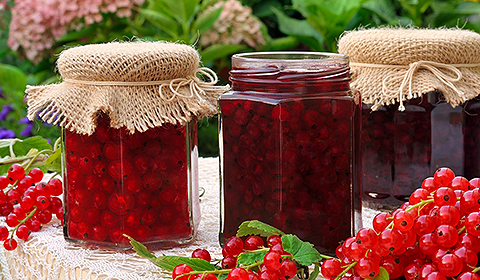After the stomach's internal lining becomes inflamed, it is called Gastritis. If you experience Gastritis it's frequently brought about from bile reflux, overuse of drugs, stress, and infection, the initial step for therapy is lifestyle adjustment as well as a tailored diet.
First off, not each food affects folks in the equivalent way, therefore you will have to ascertain for yourself which foods that activate your individual signs and symptoms. As soon as you have found which foods are causing the stomach problems, you can remove them from your gastritis diet afterward become aware of ones that won't disturb your stomach. Try and keep to a well balanced diet program that contains fruits as well as vegetables that will not offend your stomach. Poultry, whole grains, along with lean meats will supply you with protien. You want to stay away from foods high in fat. I understand from experience that caffeine, greasy foods, salty foods as well as some dairy products will trigger my stomach to flare up. This is why I am careful when setting up meals, a nourishing food low in unhealthy fat, salt and sugar, if you are not certain consult a dietician.
You ought to have numerous undersized meals at the end of the day instead of one hefty meal, steer clear of eating directly prior to retiring to bed, this should maintain your stomach in check. The stomach can't digest the big meal, it will be able to handle the less significant portions. You might request that your doctor give you a test for the existence of the Helicobacter phyon bacterium. An troubled stomach can be caused through a build up of this bacterium.You call for energy to move you throughout the day, thus eat breakfast it truly is the most essential meal of the day. You should find a substitution for your morning coffee, caffeine is known for upsetting the stomach as well in the same way as fruit juices they are acidic and can disrupt the stomach. You can go for apple or pear juice, these aren't as acidic as the other fruit juices. Eat soft toast or oatmeal with the juice, this will help keep the stomach from producing too much acid.
Consume low fat foods, leafy vegetables; take it easy on the spices. Steer clear of alcohol, fried foods, soda, as well as salty foods, because these cause upset stomach. For snacking try some sweet or savory bread instead of salty also high in sugar foods or chocolate.
You can as well stick to this plan for a acid reflux diet. Both diets keep the stomach acid creation low, this helps to avert stomach problems. OTC pain relievers can as well annoy the stomach, and if you have to swallow them daily it may perhaps be time to talk to your primary care general practitioner. When you are taking pain relievers that disrupt the stomach, try taking them with a little meal to decrease the likelihood of disturbing the stomach.
In closing, keep away from those foods that you know will spoil the stomach, discontinue eating prior to retiring to bed. Cut down on the caffeine and soda, and attempt to get enough exercise and keep to a balanced low salt, low fat along with low sugar diet. If the warning signs continue after you have changed your diet plan, contact your doctor as well as consider keeping a diary of the foods that cause irritation.
Gastritis Dieting Tips
01/14/2013 18:55
